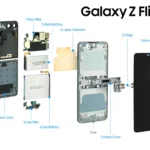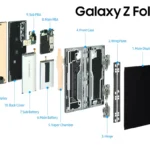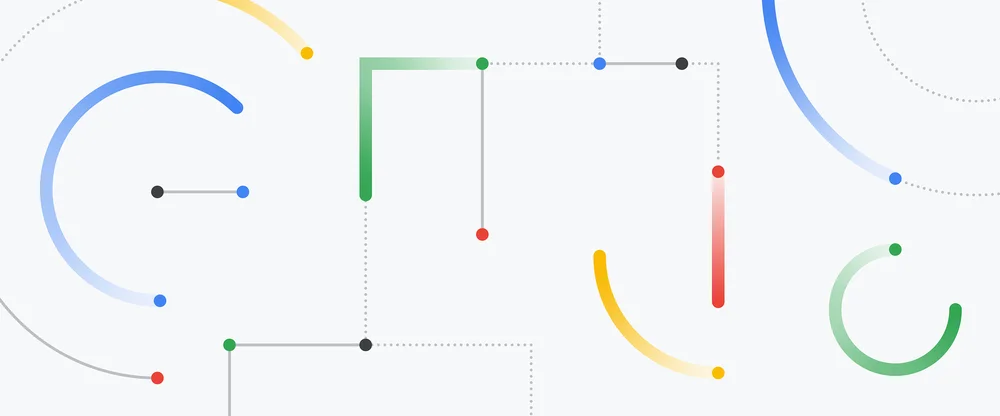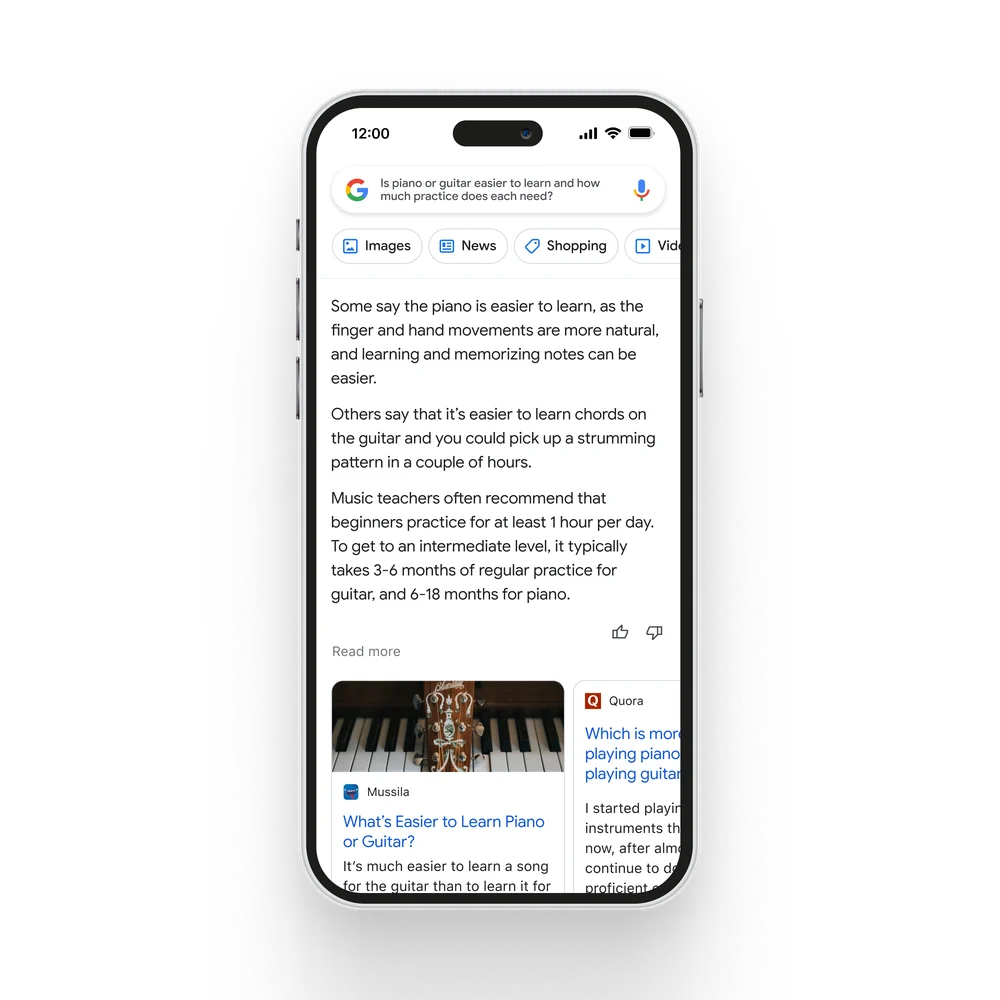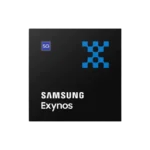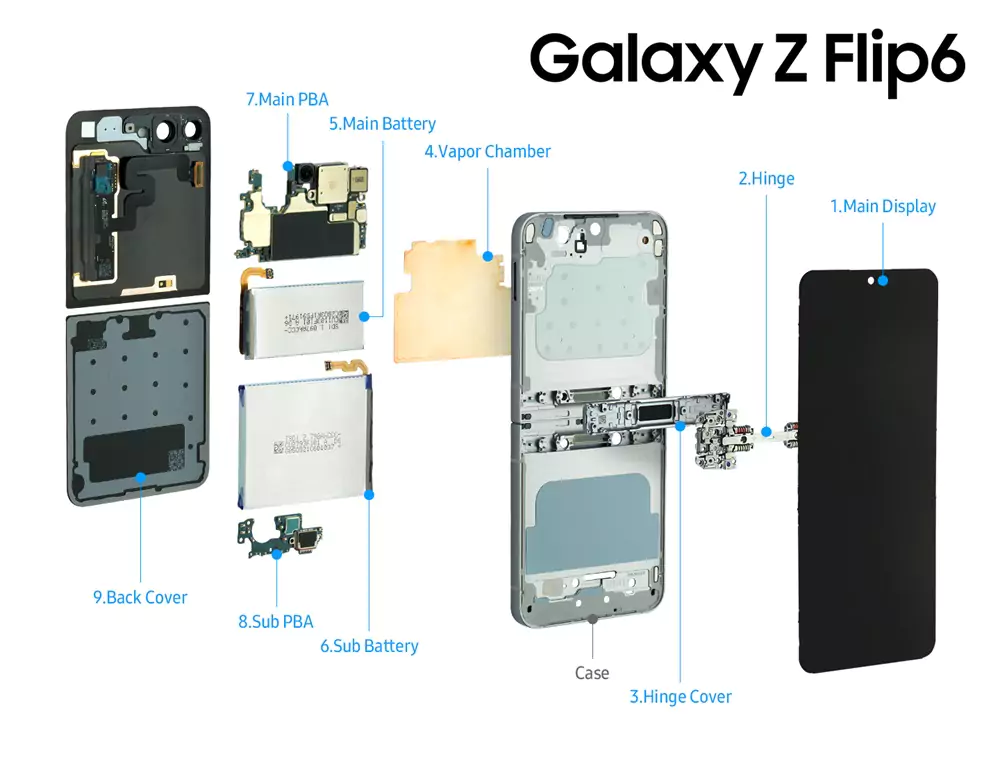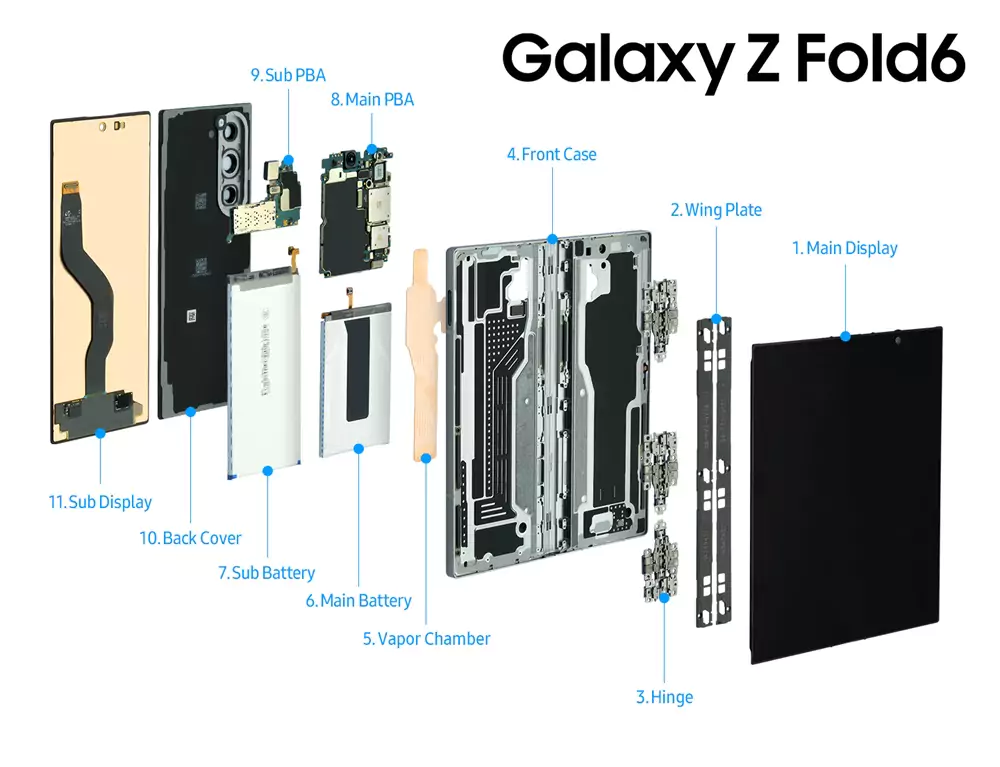The most revolutionary technology we are developing right now is Bard AI. AI enables people, businesses, and communities to reach their full potential by assisting in the earlier diagnosis of diseases and allowing users to access information in their native tongue. And it creates new possibilities that have the potential to greatly enhance the lives of billions of people.
In order to fulfil our objective to organize the world’s information and make it widely accessible and valuable, we reoriented the firm around AI six years ago. As a result, we consider AI to be the most significant way we can accomplish this mission.
Since then, we’ve kept investing in AI across the board, and companies like Google AI and DeepMind are pushing the field. The greatest AI computations currently double in size every six months, considerably exceeding Moore’s Law. At the same time, big language models and sophisticated generative AI are catching people’s attention all across the world. In fact, a lot of the generative AI applications you’re beginning to see now are built on the foundation of our Transformer research project, our field-defining publication from 2017, as well as our significant advancements in diffusion models.
introduce Bard
Working on these technologies at this time is incredibly exciting as we turn thorough research and technological advances into goods that genuinely benefit people. That has been our experience with big language models. Two years ago, we presented our Language Model for Dialogue Applications, which powers the newest generation of language and conversation capabilities (or LaMDA for short).
We have been developing Bard, an experimental LaMDA-powered conversational AI service. And while we prepare to make it more widely accessible to the public in the coming weeks, we’re moving forward by opening it to reliable testers today.
2/ Bard seeks to combine the breadth of the world’s knowledge with the power, intelligence, and creativity of our large language models. It draws on information from the web to provide fresh, high-quality responses. Today we’re opening Bard up to trusted external testers. pic.twitter.com/QPy5BcERd6
— Sundar Pichai (@sundarpichai) February 6, 2023
Bard aims to bring together the depth of human knowledge with the strength, wit, and inventiveness of our massive language models. It uses data from the internet to deliver original, excellent answers. Bard can serve as a creative release and a springboard for inquiry, enabling you to impart new scientific findings from NASA’s James Webb Space Telescope to a 9-year-old or learn more about the top football strikers of the moment before receiving training to hone your abilities.
We’re initially making it available using LaMDA’s lightweight variant. We can scale to more people and get more input because this much simpler model uses a lot less computer power. To ensure that Bard’s responses reach a high standard for quality, safety, and groundedness in real-world knowledge, we’ll mix external feedback with our own internal testing. We’re eager to use this testing period to continue learning and enhancing Bard’s performance.
Including AI advantages in regular products
For billions of users, we have a long history of employing AI to enhance search. One of our initial Transformer models, BERT, was ground-breaking in its ability to comprehend the nuances of spoken language. MUM, which is 1,000 times more effective than BERT and has next-level and multilingual information understanding, was introduced two years ago. It can identify key moments in videos and provide crucial information, including crisis support, in more languages and is 1,000 times more powerful than BERT.
These days, our most recent AI innovations, such as LaMDA, PaLM, Imagen, and MusicLM, are building on this by developing completely new methods to interact with information, including language, images, video, and audio. Starting with Search, we are working to integrate these most recent AI developments into our products.
One of the most interesting possibilities is how AI might enhance human understanding of information and more effectively transform it into valuable knowledge, making it simpler for people to find what they’re looking for and complete tasks. People frequently envision coming to us for quick factual responses like “how many keys does a piano have” when they think about Google.
However, more and more individuals are looking to Google for deeper understanding and insights, asking questions like “Is it simpler to learn the piano or the guitar, and how much practice does each require?” Finding out what you truly need to know about a subject like this can take a lot of work, and individuals frequently want to consider several points of view.
When there is no one correct answer to a subject, AI can be useful in synthesizing findings. Soon, you’ll notice AI-powered Search features that condense complex information and multiple viewpoints into digestible formats so you can quickly understand the big picture and learn more from the web, whether that means looking for additional viewpoints, like blogs from people who play both the piano and the guitar or going deeper on a related topic, like beginner-friendly starting points. Soon, Google Search will start implementing these new AI features.
using AI to assist developers in innovation
We believe it’s crucial to make it simple, secure, and scalable for others to profit from these advancements by building on top of our finest models, in addition to our own products. We’ll begin enrolling individual developers, creators, and businesses the next month so they may test our generative language API, which is initially driven by LaMDA and will eventually use a number of models.
We plan to provide a set of tools and APIs over time to make it simple for others to develop more cutting-edge AI applications. Startups must have the requisite computing capacity to create trustworthy AI systems, therefore we are thrilled to support the scaling of these initiatives through our Google Cloud agreements with Cohere, C3.ai, and Anthropic, which were recently announced last week. Watch this space for more developer information soon.
bold and genuine
We must act bravely and responsibly when introducing experiences based on these models to the outside world. We’re dedicated to responsibly developing AI because of this: One of the first businesses to release a set of AI Principles was Google in 2018. In order to make AI safe and practical, we continue to interact with communities and subject-matter experts, partner with governments and other organizations to set standards and best practices and provide education and tools for our researchers.
We will continue to be brave with innovation and prudent in our approach, whether it be using AI to fundamentally improve our own products or making these potent capabilities available to others. And it’s only the beginning; in the coming weeks and months, there will be further developments in each of these areas.
To get real-time news alerts join the Technewsrooms Telegram group. You can also follow us on Twitter and subscribe to our Google News feed for updates.
